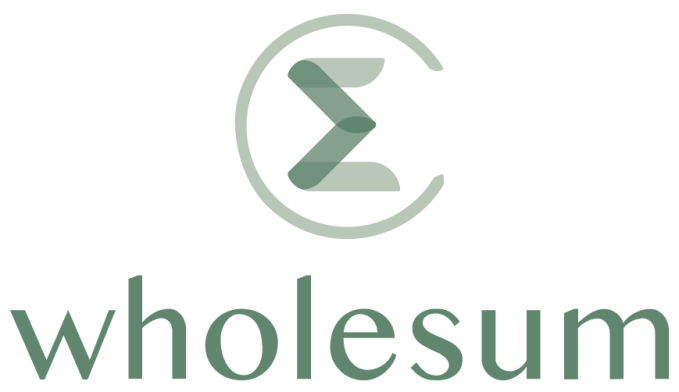Wholesum raises $50M to roll up third-party e-commerce sellers – TechCrunch
As the boom of the e-commerce aggregator trend continues in Asia, South Korea, the fifth-largest e-commerce market in the world, is rolling up.
Wholesum, a Seoul-based e-commerce aggregator, is jumping on the trend of larger firms buying up third-party merchants that would usually sell on e-commerce platforms like Amazon and eBay. The company said Tuesday that it has raised $35 million in debt and $15 million in equity in a Series A round. The investment comes months after the startup raised $4.75 million in seed funding in August 2021 and $18 million in debt in November 2021, said Andrew Joo, co-founder of Wholesum.
Wholesum, which currently has five Korean local brands, aims to acquire an additional 15-20 brands across lifestyle, health, children and pet categories this year.
“The pandemic and maturing e-commerce platforms inspired the creation of 10,000 new independent brands per month in Korea,” said Joo. “Consumer curiosity to experiment and try new retail experiences grew. This generated brand traction and consumer following but led to growth that’s difficult to sustain for many brand entrepreneurs. The solution to their pain points is why Wholesum exists.”
South Korea’s fintech and e-commerce platform maturity has driven the growth of independent brands, Joo told TechCrunch. In South Korea, there are about 500,000 third-party merchants on e-commerce marketplaces like Coupang, eBay, SSG.com, cafe24 and Naver SmartStore, but the third-party sellers have three main problems: no access to growth capital, lack of recruiting challenges and a steep marketing learning curve, according to Joo.
To help address local small brands’ problems, KB Ham, who previously worked at Coupang and South Korea-based fashion brands distributor LG fashion, and Joo, who has backgrounds in finance and private equity for nearly two decades, co-founded Wholesum in 2021.
One of the value propositions to the third-party merchants is that they can take the proceeds from the sale of their brands and create a new brand, which may be more aligned with their values or passion, Joo told TechCrunch. “Perhaps a brand they couldn’t do when they started their first brand because they didn’t have the capital or didn’t understand the value chain like manufacturing, fulfillment and delivery,” Joo continued.
“The previous decade was the time to invest in online marketplace growth, but now is the time to leverage that global infrastructure and invest in the segment of the e-commerce value chain, like brands and D2C sales, where we can be present anywhere in the world,” said Ham.

Wholesum
“We think our total addressable market is around 45,000 brands that generate in excess of $1 million of sales per year,” Joo told TechCrunch. “Organic growth for our portfolio of brands is high teens since the acquisition, but it’s early days, so we think we can hit 30-40% year on year once we hit our stride. Our acquisitions have ranged in valuation from $250,000 to $6 million.”
Wholesum says it doesn’t view the volume of acquisitions as its most important key performance indicator.
“We acquire and scale brands; but at our core, we honor brand owners and their product achievements through post-acquisition organic growth and hope to inspire the next cycle of entrepreneurs seeking to transform their passion into a sustainable brand with the optionality to join Wholesum someday,” Joo said in the company’s statement.
Wholesum’s go-to-market strategy focuses on discovering made-in-Korea brands that primarily sell on local e-commerce marketplaces, Joo said. That does not mean Wholesum is not eyeing overseas markets, he said, adding that it acquires Korean brands with the potential to scale across global marketplaces, including Lazada, Shopee, Amazon, and Mercado Libre.
The latest funding was led by Kingsway Capital, Antler Global and Widus Partners, with participation from its previous backers Nordstar and Bass investment. New investors KSV Global and Bold Ventures also joined in the round.
“By partnering with high-quality brands backed by data-driven insights and strong operational acumen, we believe Wholesum will extend its lead as the leading player in this large, underserved and idiosyncratic South Korean e-commerce market,” said partner of Antler Global Teddy Himler.




